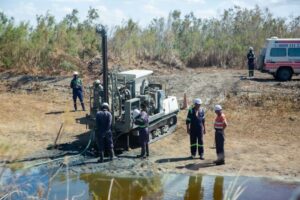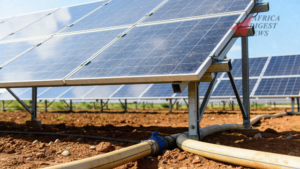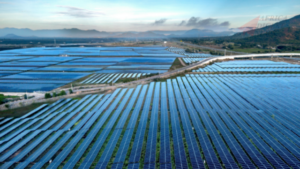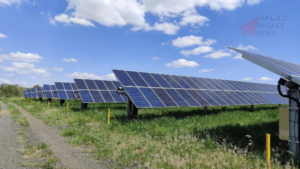
ExxonMobil has announced a major natural gas discovery off the coast of Egypt, located in the Mediterranean Sea.
This discovery, made in the North Marakia Block, could be a turning point for Egypt’s energy sector, helping to revive its natural gas production and boosting its ambitions to become a key energy hub in the region.
The gas was found at the Nefertari-1 exploratory well, located about five miles from shore, and contains gas-bearing reservoirs.
ExxonMobil is continuing to evaluate the discovery to determine the full extent of the find. The well was drilled using the Valaris DS-9 drillship, a state-of-the-art rig designed for deepwater exploration.
This discovery is especially important for Egypt, which has been facing declining gas production, reaching its lowest levels since 2017.
As a result, the country has had to import liquefied natural gas (LNG) at levels not seen in six years.
ExxonMobil’s new find could help Egypt achieve its goal of resuming LNG exports by 2027, a target that has become more urgent as production has slowed.
In addition to the recent discovery, ExxonMobil is planning to drill two new exploratory wells in the West Mediterranean area starting in December 2024.
These wells will be drilled in the Cairo and Misri concessions and are expected to be completed by the first quarter of 2026, with an investment of $240 million.
HAVE YOU READ?







